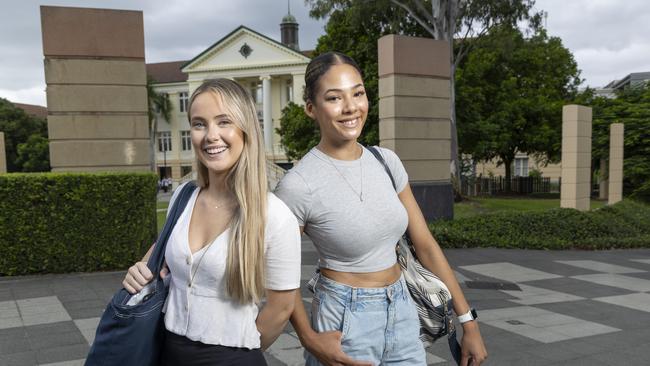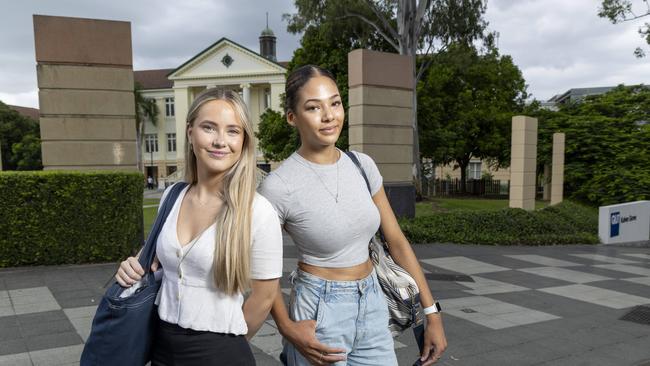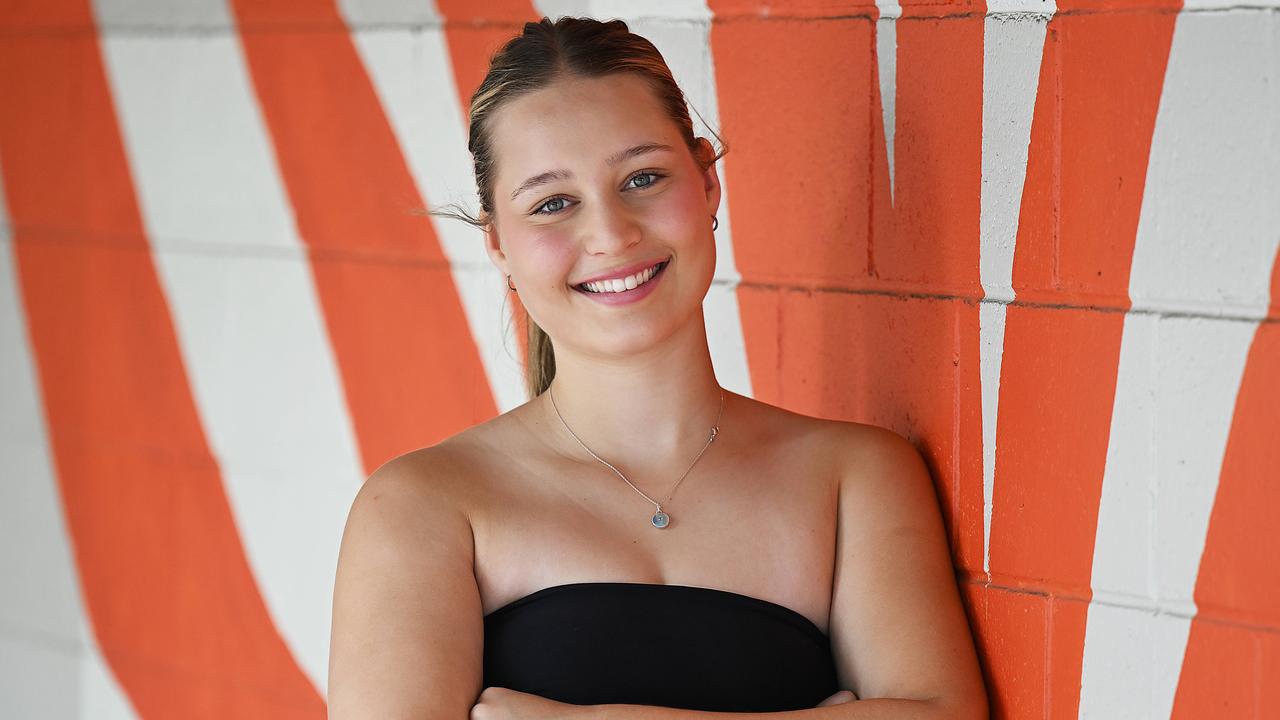AI cheating rife among Australian universities
Artificial Intelligence is increasingly being used in schools and universities – but it comes with a big problem.

Tertiary
Don't miss out on the headlines from Tertiary. Followed categories will be added to My News.
Universities are failing to catch out AI cheats, with students openly admitting to using artificial intelligence to game the system and lecturers saying “detection tools” just dont’t work.
Students are required to reference AI usage and universities also use specialist computer programs to try and catch cheaters out, but some academics say that technology is simply not good enough and often backfires.
AI researcher and Charles Darwin University lecturer Stephan Popenici said these types of tools had led to false accusations of plagiarism in the past.
“If you’re innocent you realise how stressful this can be to get wrongly accused and it also discriminates against students with English as a second language,” he said.
In an online student forum one person said they didn’t know students were supposed to reference AI in their assessments, while other students admitted to using it to write big chunks of their work, including one PhD student.
“I tell ChatGPT my main ideas and it will write the paragraphs for me,” that person wrote.
Another person admitted using it for all of their assignments.
“Turnitin (a detection tool) didn’t even pick it up. Obviously had to edit it to sound more like me,” they said.
Senior Lecturer and AI expert Bron Eager said tools like Turnitin had “questionable validity.”
“Often times students who weren’t using it would get caught or find another way around,” she said.
“But there’s actually no way of policing AI apart from relying on students (to be honest),” she said.
Ms Eager said there needs to be “a massive roll out” of education for students on how to use AI ethically as well as funding put towards upskilling university staff on how it works.
“I think it’s an issue that a lot of students use it badly and will use it to put in an essay question and they just say write my 1000 word essay because they don’t understand how to use it,” she said.
Ms Eager said another solution was to design assessments in a way that made it impossible to plagiarise using AI.
“The rubric needs to be changed to mark the skill of critical thinking throughout the assignment rather than answering a one question prompt,” she said.
“At the end of the days, these are skills they will need to enter the workforce.”
Queensland University of Technology student Taylah Sorensen, 19, said she used AI when she was stuck on what to write.
“ I kind of start off with a basis of AI and maybe a general question and then go from there to tweak it in my own way,” she said.
“But I am very weary because there are such strict rules with plagiarism,” she said.
Ms Sorensen said she didn’t think the guidelines were clear on exactly when AI should be referenced.
“I guess they (the uni) could mention it more with regard to referencing and how to reference and when it’s absolutely not OK,” she said.
Fellow student Tianah Misra, 21 said she was “on the fence” with AI in university settings.
“ I’ve been in uni for three years and in my experience I know it often pulls content from online sources,” she said.
Ms Misra said she thought AI was good for studying but that it was not OK for students to use it to write their assessments.

“For my current degree I feel like the topics are really complex so I’ll just get it summed out on Chat GPT first and then I’ll go to other resources,” she said.
QUT deputy vice-chancellor and vice-president (academic) professor Robina Xavier said
the field of artificial intelligence in education continued to evolve.
“We have advised students on our policy on the responsible use of AI and all incoming students to QUT are required to undertake a module on academic integrity including the use of artificial intelligence,” she said.
A UQ spokesman said ongoing advances in generative AI technologies presented both opportunities and challenges for teaching and assessment.
“UQ uses Turnitin’s generative AI detection tool, which may prompt a staff member to ask for further investigation, but alone is not considered sufficient evidence of misconduct,” the spokesman said.
A Griffith University spokesperson said “students are supported to make informed ethical decisions about their studies, through resources to develop their knowledge about academic integrity and the appropriate use of AI”.



